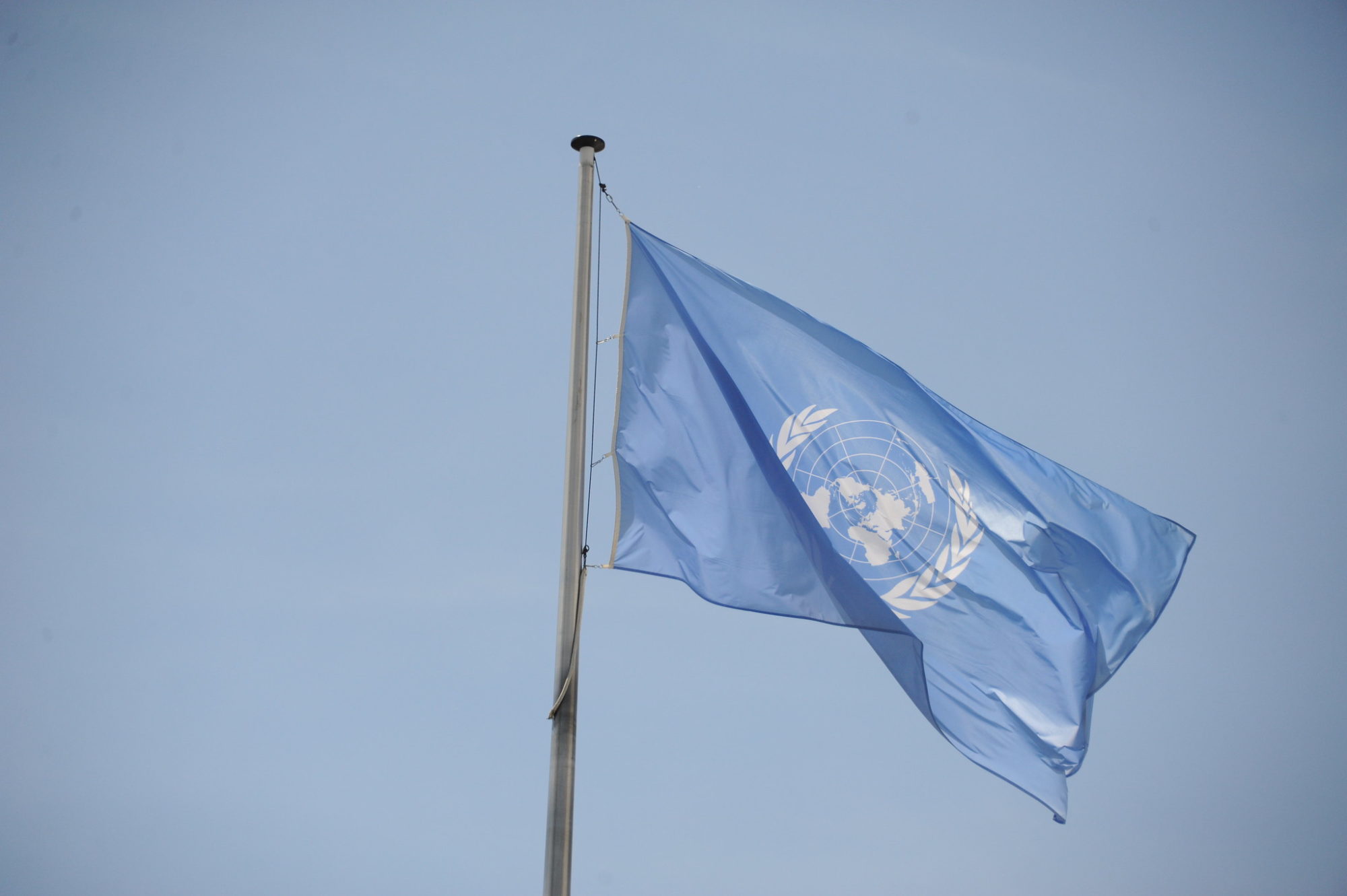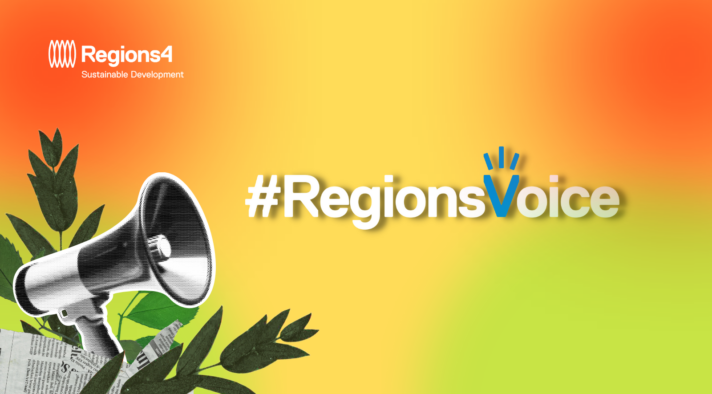The 50th meeting of the UNFCCC Subsidiary Bodies (SBI 50 and SBSTA 50) took place from 17 to 27 June in Bonn, Germany. The conference advanced work on several outstanding issues from the COP 24 in Katowice, some of which are due for completion at the COP 25 in Santiago. Among those, there was Article 6 of the Paris Agreement on the market and non-market approaches. A draft text was developed, constituting the basis for Parties to work on at COP 25. Other issues were the adoption of the Terms of Reference for the review of the Warsaw International Mechanism on Loss and Damage associated with Climate Change Impacts, the setting of the themes for an upcoming workshop of the Koronivia Joint Work on Agriculture on sustainable land and water management, and the IPCC Special Report on Global Warming of 1.5°C. On arrangements of intergovernmental meetings, the SBI reaffirmed the value of contributions from observer organizations towards supporting implementation and welcomed views on how to further enhance effective engagement of observer organizations; and it reiterated the invitation to future presidencies to engage with “relevant stakeholders, including youth” in organizing open dialogues.
Regions4 was represented in Bonn by the Secretariat and actively participated in the following events:
- Metrics for effective adaptation planning – The role of metrics of adaptation and vulnerability in fighting the negative effects of climate change. The event was organised by the GIZ project 4C/IKI supporting the Moroccan Climate Change Competence Centre “4C Maroc” and took place on 21 June. The event discussed ways to understand how adaptation is progressing and whether vulnerabilities are being reduced and resilience is increased. In this regard, it assessed recent developments and ways forward concerning metrics of adaptation and vulnerability. Regions4 presented its RegionsAdapt initiative and the annual reporting of climate risks and adaptation data in the Latin American context. The MRV and M&E system developed by the State of Jalisco, Mexico was highlighted as one of the few examples where regional governments measure their adaptation efforts.
- Second Informal Dialogue on Adaptation: Success Stories for Action. Hosted by the World Resources Institute and the NAP Global Network, this informal dialogue took place on 24 June and brought together a variety of stakeholders from the adaptation community, including the NDC Partnership. The dialogue’s aim was to discuss how to close the adaptation implementation gap along five different topics to be discussed in break-out groups. The focus was on the following topics: i) Monitoring, Evaluation and Learning, including data collection; ii) Risk assessment and dealing with uncertainties; iii) Engage private and financial sector; iv) Nature-based solutions, and v) Investments for agriculture resilience. Regions4 took part in the first break-out group on monitoring, evaluation and learning and stressed the importance of including different levels of government in the process.
- Driving change together – Special joint event on multilevel climate action focusing on e-mobility and adaptation, which took place on 26 June. The event was organised jointly by the COP 24 Presidency and ICELI as the LGMA Constituency focal point. It was the first event that explicitly refers to “multilevel action” and was included in the agenda of an official UNFCCC session. The event consisted of a high-level opening session and two break-out sessions on e-mobility and adaptation. Regions4 took part in the session on adaptation, presenting its RegionsAdapt initiative, progress made by members in terms of adaptation, and the planned report on multi-level governance in adaptation to e launched at COP 25.
Further, the Secretariat attended a number of briefings inter alia on the UN Climate Action Summit in September and the Marrakech Partnership vision for ramping up global climate action towards a 1.5°C climate-neutral, resilient world, as well as a workshop on Climate Action Methodology, Data, and Analysis organised by the UNFCCC, a working meeting of the Marrakech Partnership and the Technical Expert Meeting on Adaptation.
The way ahead
Last week, the UN High-level Political Forum on Sustainable Development (HLPF 2019) took place in New York, including the in-depth review of SDG13. From 19 to 23 August, the Latin America & Caribbean Climate Week takes place in Salvador, Brazil, where Regiosn4 is supporting the thematic block on Urban areas and informal settlements and one of the NDC Dialogues. After that, the Asia Pacific Climate Week convenes from 2 to 6 September in Bangkok, followed by the UN Climate Action Summit on 23 September in New York, U.S. The year will close with the COP 25 to take place from 2 – 13 December in Santiago, Chile.



